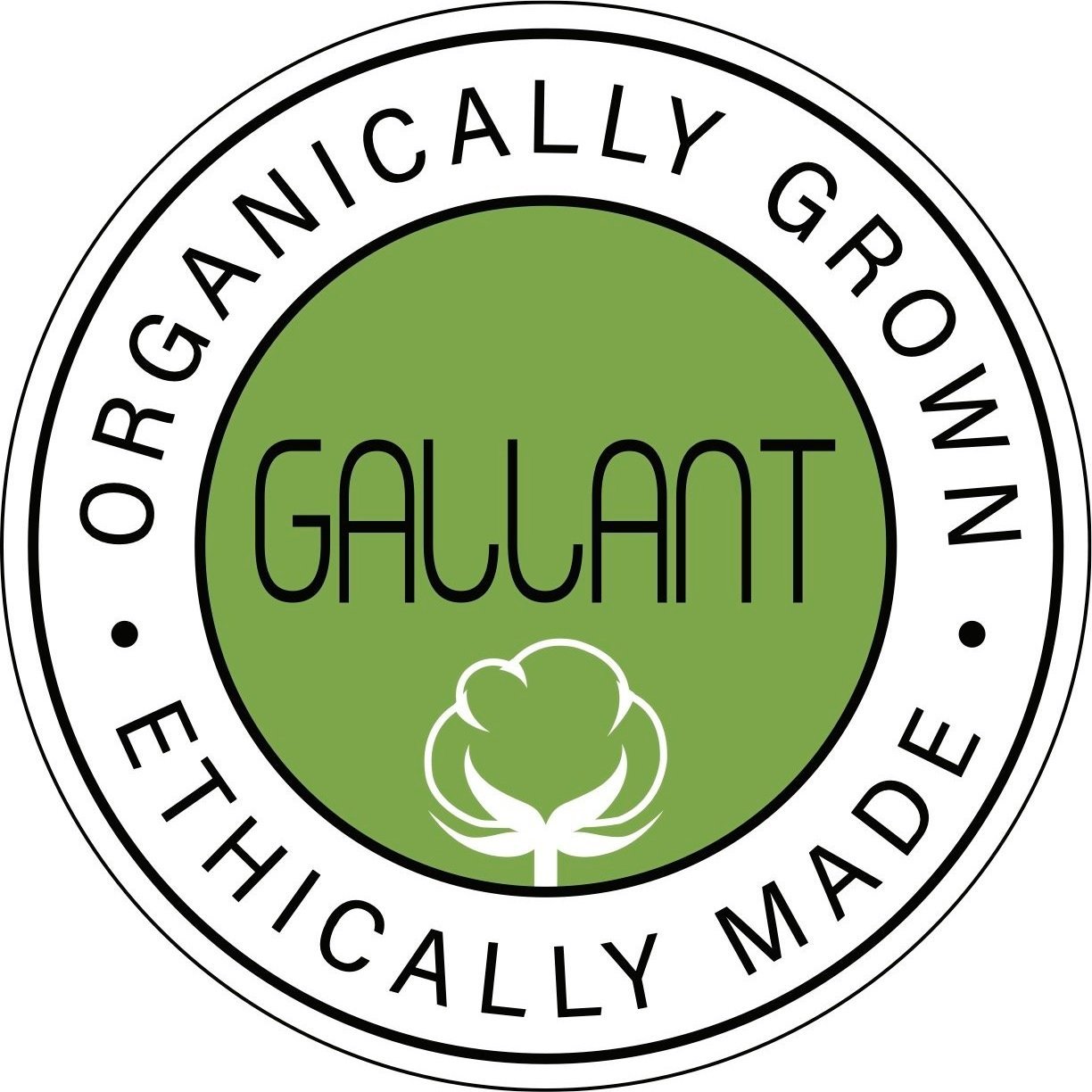How Do Farms Going Organic Pay Off?
Only around 1.5% of farms globally use organic practices, but the demand for organic food is growing exponentially. Being an organic farmer isn't always a simple or convenient procedure. It is also not cheap and far from being a process that's an overnight success. A farmer cannot promote the product as organic during the three-year period during which the land must also be pesticide-free. So, does soil stewardship to change trajectory at local to global scales pay off?
The popular belief is that becoming organic can mean sacrificing financial viability. However, research shows farming organically can be more profitable than conventional practices, bringing in 22% to 35% more organic farmers than conventional farmers. Even in terms of yield, organic farms can produce almost as much as industrial farms.
A New York Times article shows how Farmland is proving the possibility of balancing the scale of organic farming and profit.
Craig Wichner, the founder and managing partner of Farmland says, "At a very simple level, our business model is based on taking high-quality land that's growing low-value crops and converting it to higher-value crops." The company leases around two-thirds of its 15,000 acres of farms for an average of $750 per acre, up from $300 per acre before conversion. The advantage is that consumers are ready to pay extra for food produced organically. However, farmers are unable to convert their farmland due to the exorbitant cost of agricultural land and the three-year wait period until the land is declared certified organic. Businesses like Farmland are giving farmers the "facilities" they need to be able to farm organically.
The Future of Organic Farming
The potential for organic farming is expanding quickly in the U.S., with an estimated 8.7% CAGR between 2021-2027. This is primarily a result of increasing awareness of consuming healthier food, and agricultural research and experimentation. The drastic reduction in harmful compounds during production increases the product's quality. Additionally, the negative health impacts brought on by the industrial production of crops are pushing more individuals to switch to organic farming. People are reshaping their lifestyles to improve their health, which contributes to the high scope of organic farming. So, while it may cost more during the initial shift, maintenance costs are incredibly low because organic farming does not involve the use of conventional farming methods like the use of pesticides.
Meanwhile, organic farms also play a huge role in mitigating climate change. By increasing soil organic matter and the soil's ability to filter out contaminants, organic farms decrease their impact on the region's natural resources. Compared to conventional farms, organic farms have a lower carbon footprint. Sustainable agriculture techniques like cover crops and limited tillage aid in increased carbon sequestration in the soil, making organic farming a potent weapon in the battle against climate change.
Final Thoughts
Our current system of food production is strained. The food production system of the digital age is built on the extensive use of pesticides, GMOs, and environmentally harmful cropping practices. We are not aware of the source of our food or the chemicals used during the production process. Organic farming, on the other hand, is a holistic agricultural system that doesn't use toxic substances or cause destruction. It is not a new style of farming but rather an age-old agricultural practice and philosophy that flourished for centuries. A well-balanced and comprehensive food production system depends on organic agriculture. It is what will heal the present and save the future, but what makes organic farming even more precious is that it goes beyond financial profits and healthier crop yields. It helps us develop a rooted appreciation and relationship with the earth. Organic farming involves respecting and comprehending nature, significantly connecting us to the ecosystem on which our survival depends. "Learning to farm in an organic way has been a good experience," according to Garrett Mussi, a tenant farmer in California. "It definitely has its challenges, but farming overall is a challenge. I enjoy it. Always learning something new," said Mussi.
Organic farming is fundamentally about taking care of the environment so that it can take care of us.
Deciding on organic varieties is deciding on food that was grown, meeting the highest standards, and taking into consideration the wildlife, the people, and the environment.
Related blog:
